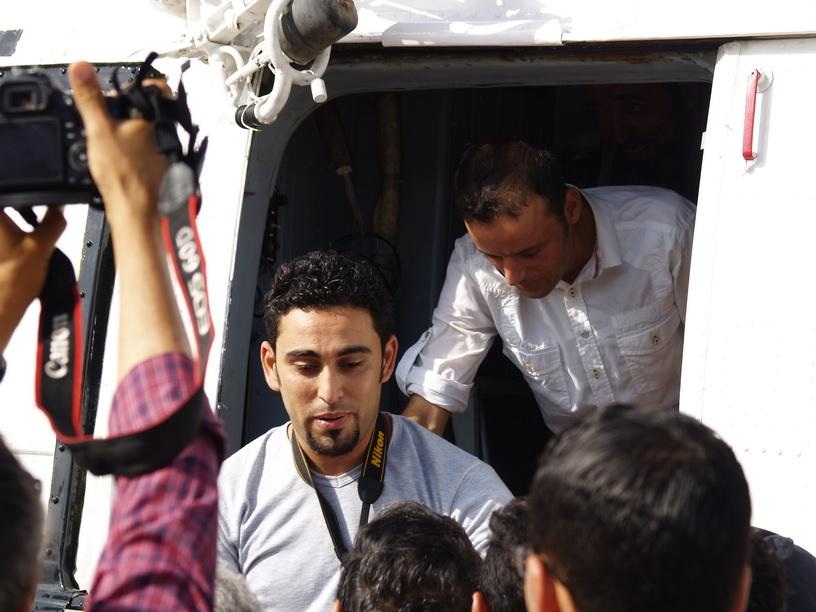by Hadi Fornaji.
Tripoli, 16 July:

Libya has the slowest internet speeds in the world according to a report released by US . . .[restrict]company, Akamai.
North Africa and the Middle East had an overall poor internet performance compared to other parts of the world, and Libya hit the bottom of the list.
The report, by American web services provider Akamai, has revealed that 52% of the country has an internet speed of less than 256 kilobytes per second (kbps). Speeds below 256 kbps result in slow loading times and problems with web applications.
The country has only one Internet Service Provider (ISP) at present, the state-owned Libya Telecom and Technology (LTT). Founded in 1997, LTT has been providing Libyans with the internet since 1999, introducing wireless broadband in 2009.
The single ISP meant the internet could be used as a method of control during the revolution, with access blocked and only sporadic service available for six months. Whilst this was intended to prevent communication between activists and the opposition movement, it had a knock-on affect on small firms, who relied on the already-weak service to conduct their business affairs.
Although the service has been reestablished, overall connectivity has worsened, with a 5.7% decrease in internet speed compared to the last quarter of 2011. The country’s internet speed also vacillates wildly. Internet speed monitoring site testmy.net shows that download speeds in Libya over the last week have ranged from 0.02 mbps to 1.49 mbps and upload speeds from 0.04 mbps to 0.45 mbps.
Libya’s ISP continues to frustrate users with its sluggish speed and subsequent difficulties with downloading and uploading material. LTT’s poor service across the country has spawned an angry reaction, with online groups forming to publicly vent their frustration.
The Facebook page ‘I hate LTT’ was created in May 2010 and to date has 16,450 ‘likes’ and its associated twitter account has 151 followers. The Facebook page bears the motto “I can’t use any ISP but you, not because your service, but because you are the only ISP, so dear LTT…I really hate you.”
At present only 5.5% of the population in Libya have internet access and this is one of the lowest penetration rates in the Middle East and North Africa. Last week the United Nations Human Rights Council backed the idea that internet access and online freedom of expression is a basic human right. However, high-speed, reliable internet connectivity must come first.
[/restrict]










